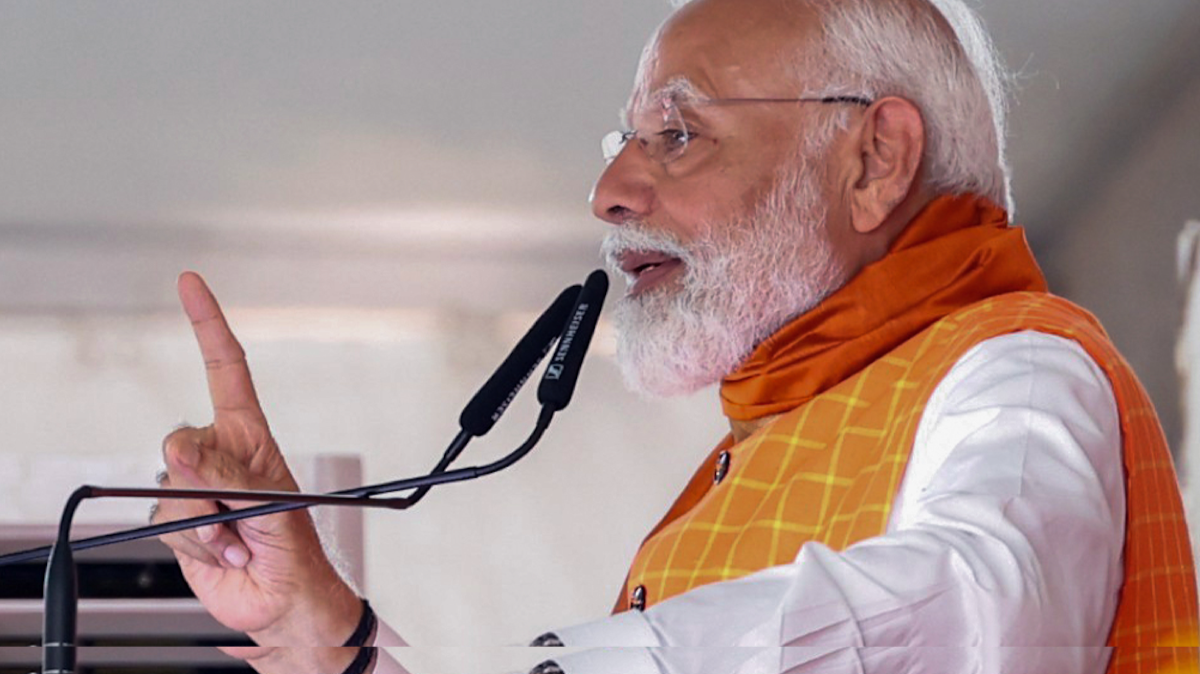Without admitting that he sent agents to North America to kill his enemies, Narendra Modi has dropped heavy hints that his government did just that.
Amid his reelection campaign – voting is ongoing through June 1 – the Indian prime minister recently made comments in Hindi about his country’s ability to silence those abroad who challenge his country’s integrity.
“This is the new India. This New India comes into your home to kill you,” he said, according to a report in the Washington Post.
India is not in an apologetic mood, even after it was reported that officers in Indian foreign intelligence were linked to the assassination of Canadian citizen, Hardeep Singh Nijjar, and a plot to kill his New York-based associate, Gurpatwant Singh Pannun, which was foiled by US law enforcement.
The Biden administration, conscious of India’s indispensability as a counterweight to China, reportedly said it would refrain from a punitive response if India held those responsible to account. The approach was viewed as too accommodating by some US officials.
By contrast, Canadian Prime Minister Justin Trudeau’s response was to announce in the House of Commons that Canada had credible allegations of Indian involvement in Nijjar’s murder. Foreign Affairs Minister Mélanie Joly said this week that her government stands by the allegation that a Canadian was killed in Canada by Indian agents. The Royal Canadian Mounted Police last week arrested three Indian nationals for Nijjar’s murder and said it is still investigating whether the Indian government was involved.
Trudeau’s claim has put Canada in India’s crosshairs again. Its foreign minister, Subrahmanyam Jaishankar, accused Canada of welcoming criminals into the country (Nijjar, who advocated the creation of a Sikh homeland called Khalistan, was subject to an arrest warrant in India but was not extradited because Canada said there was a lack of credible evidence).
Sikh separatism is “not so much a problem in the US; our biggest problem right now is Canada,” Jaishankar told an audience at an event in the eastern city of Bhubaneswar last weekend.
The Liberal government “has given these … advocates of violence a certain legitimacy, in the name of free speech,” he said.
Modi has made clear – and Biden has apparently accepted – that turning a blind eye to the practice of extrajudicial killing is the price of doing business with the new India.
